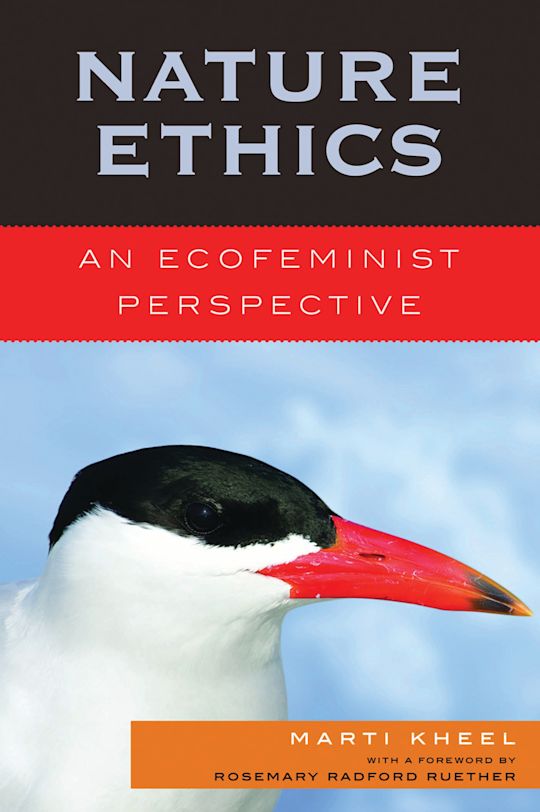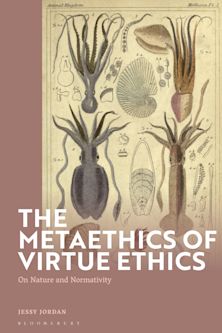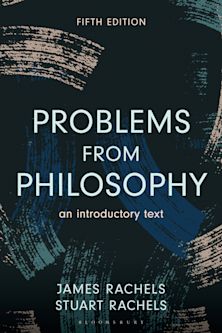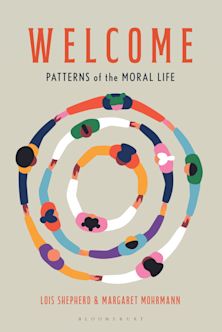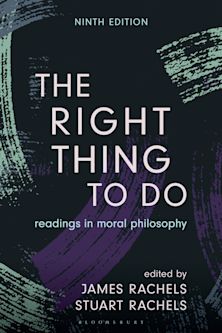Nature Ethics
An Ecofeminist Perspective
- Textbook
Nature Ethics
An Ecofeminist Perspective
- Textbook
This product is usually dispatched within 1 week
- Delivery and returns info
-
Free CA delivery on orders $40 or over
Description
In Nature Ethics: An Ecofeminist Perspective, Marti Kheel explores the underlying worldview of “nature ethics,” offering an alternative ecofeminist perspective. She focuses on four prominent representatives of holist philosophy: two early conservationists (Theodore Roosevelt and Aldo Leopold) and two contemporary philosophers (Holmes Rolston III, and transpersonal ecologist Warwick Fox). Kheel argues that in directing their moral allegiance to abstract constructs (e.g. species, the ecosystem, or the transpersonal Self) these influential nature theorists represent a masculinist orientation that devalues concern for individual animals. Seeking to heal the divisions among the seemingly disparate movements and philosophies of feminism, animal advocacy, environmental ethics, and holistic health, Kheel proposes an ecofeminist philosophy that underscores the importance of empathy and care for individual beings as well as larger wholes.
Table of Contents
Chapter 2 - Masculine Identity: Born Again 'Man'
Chapter 3 - Origins of the Conservation Movement: Preserving Manhood
Chapter 4 - Thinking Like a Mountain or Thinking Like a Man?
Chapter 5 - The Ecophilosophy of Holmes Rolston
Chapter 6 - The Transpersonal Ecology of Warwick Fox
Chapter 7 - Ecofeminist Holist Philosophy
Product details
| Published | Dec 14 2007 |
|---|---|
| Format | Hardback |
| Edition | 1st |
| Extent | 354 |
| ISBN | 9780742552005 |
| Imprint | Rowman & Littlefield |
| Dimensions | 240 x 163 mm |
| Publisher | Bloomsbury Publishing |
Reviews

ONLINE RESOURCES
Bloomsbury Collections
This book is available on Bloomsbury Collections where your library has access.









